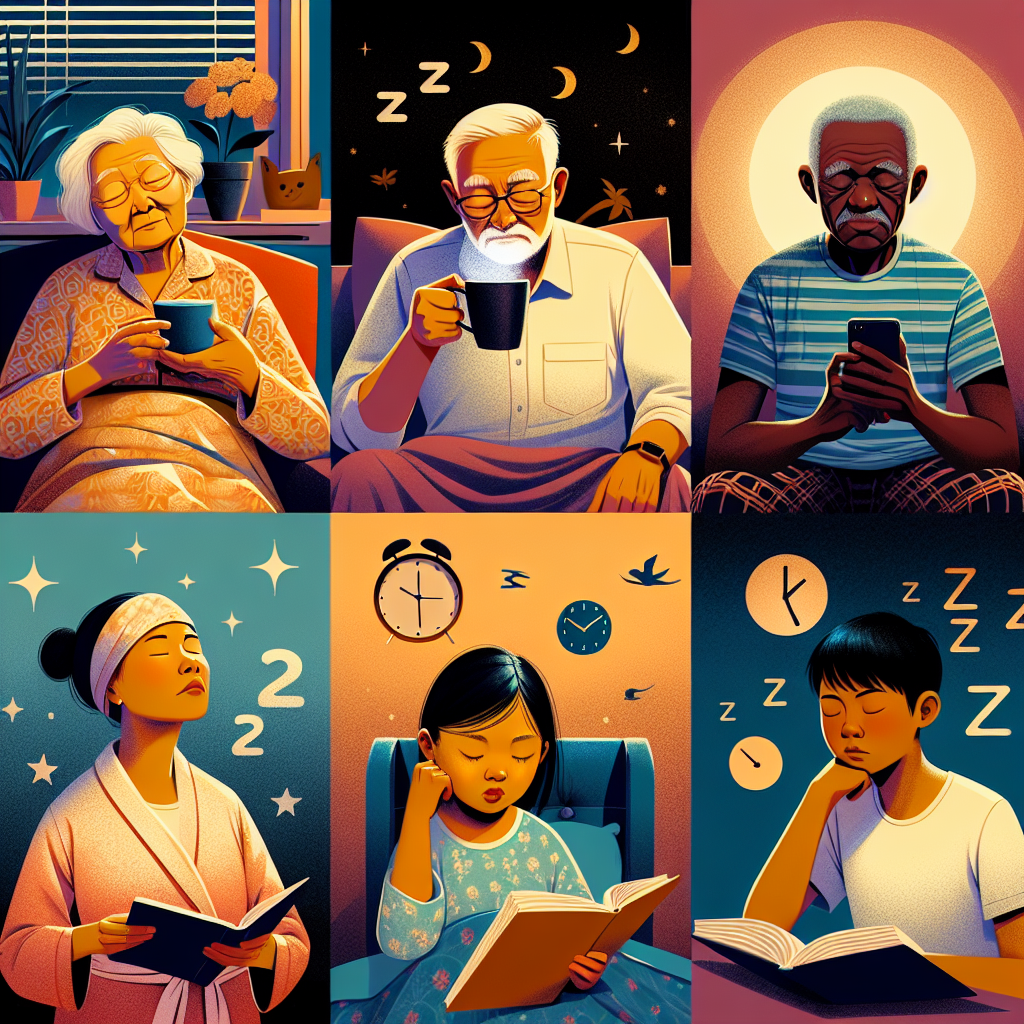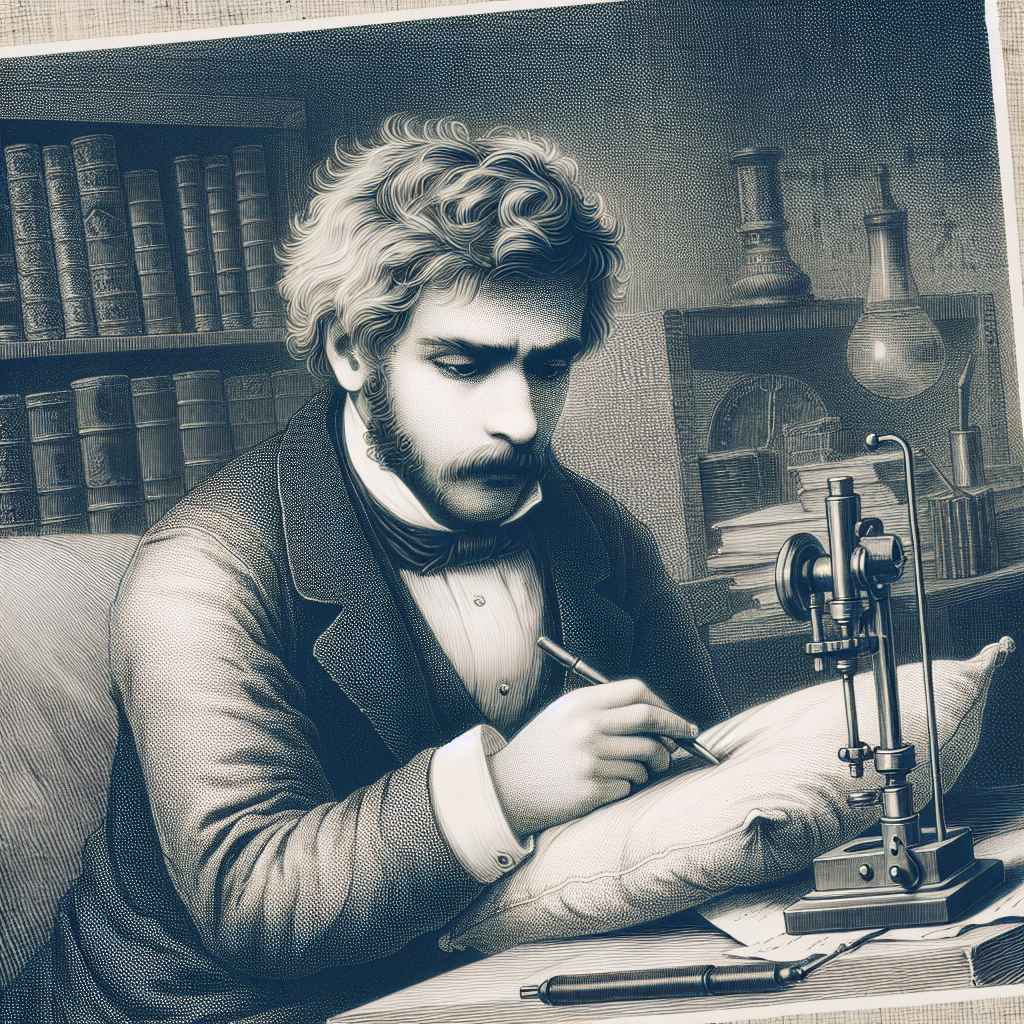Cultural awareness is shifting. We’re spiraling towards a future where smart alarm clocks, bedside AI assistants, and advanced wearable tech delve into the intimate details of our rest. ‘Behind the scenes’ is becoming center stage; it’s time to discuss why sleep research revealing secrets matters now.
Sleep’s historical roots run deep beneath our modern understanding; conceptually entwined with mysticism, dreams interpreted as divine messages. Yet empirical investigation didn’t gain traction until late 18th century when researchers like Marie-Jean-Pierre Flourens began to unveil its physiological aspects
The social context amplifies these insights further. The World Health Organization recognizes insufficient sleep as a global problem – ‘sleep deprivation’ adds an alarming note to their exhaustive list of public health concerns.

Generationally speaking, we’re seeing emerging distinctions between boomers who championed hustle culture at expense of shuteye and millennials taking steps towards prioritizing their night-time reprieve for overall wellbeing.
The media representation paints an equally intriguing narrative – television shows delving into dream sequences or films exploring hibernation-like long-duration space travel scenarios
Public discourse sways between dismissing smartphone warnings nudging them towards bedtime and embracing apps incentivizing healthier habits based on comprehensive sleep data charts.
.
”
Future implications are profound. Consider the potential of personalized sleep recommendations tailored to each idiosyncratic pattern, or VR dreams designed to expedite learning during REM cycles.
The broader trend is evident. Data-driven self-improvement mantras define this era; hence, accurate insights into slumber aren’t just appreciated but expected by discerning consumers.
Culturally evolved societies will no longer trivialize ‘sleep health’. As technological advancements continue to reveal secrets around our rest and recuperation aspects, expect even greater emphasis laid upon them in an increasingly connected, data-driven world.

